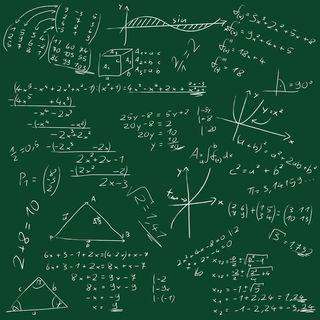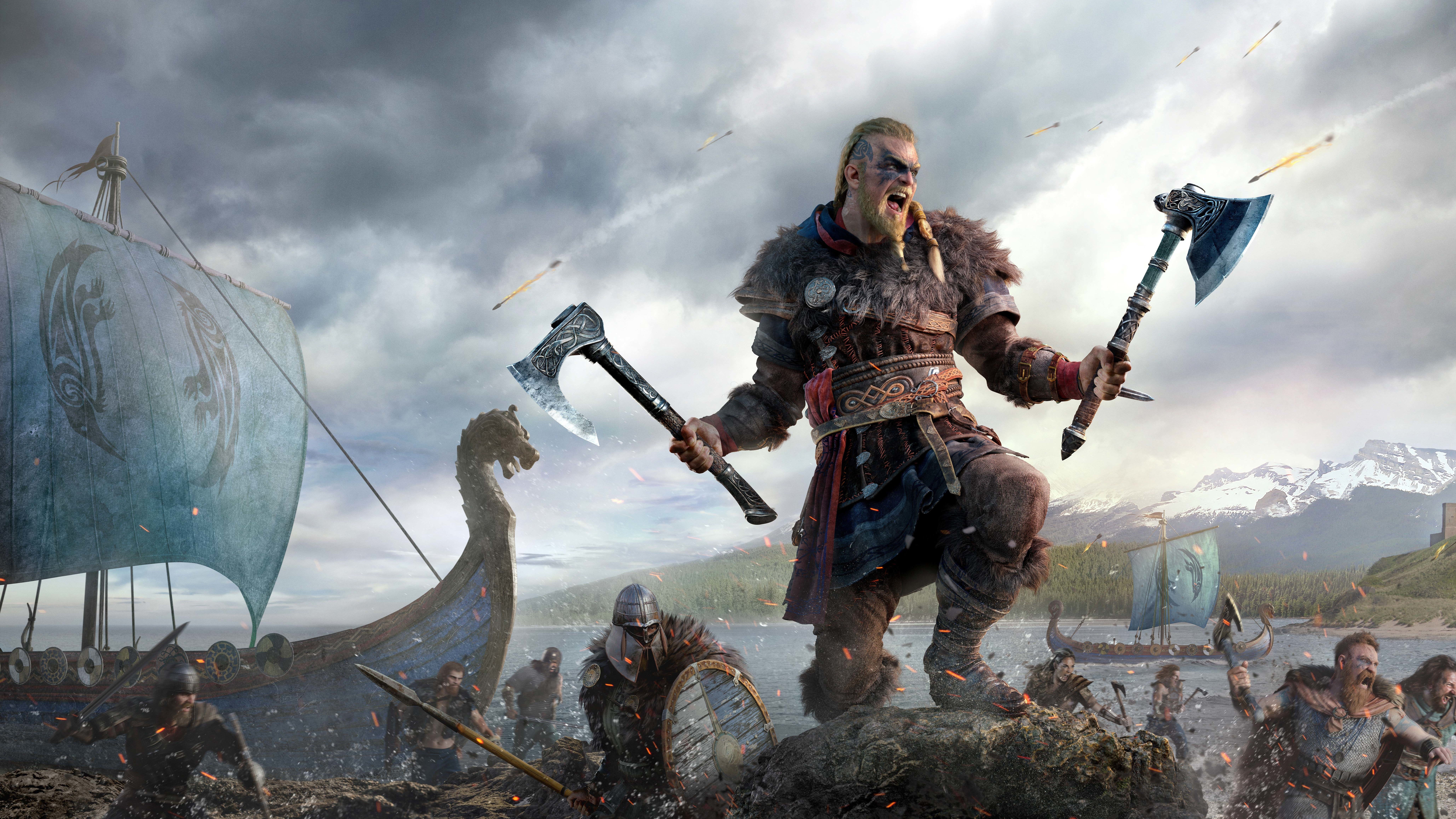By now you have probably read something about Gal Hadre, my primary RPG setting, and learned about it’s major sentient races, it’s magic, and it’s dragons. I have vaguely referenced that the setting is tied to it’s own RPG rather than using D&D, pathfinder, Gurps or some other system. Welcome to the introduction of D12D10’s first module.
Now the first question is why? Why create a new RPG, certainly an existing one meets my needs? There are plenty of great RPGs out there, I have run campaigns in systems from at least half a dozen different companies. But there is always something missing, something I am not completely happy with, something another system does that I want to use. So D12D10 became an amalgam of various ideas I liked, some of my own and with a specific vision of how I wanted arcane dragon magic.

The next question is core mechanic, D&D and pathfinder use a d20, Gurps uses 3d6, World of Darkness has dice pools, etc. As it’s name says, D12D10’s core mechanic is rolling a d12 and a d10, where the d12 forms the “tens” digit and the d10 the “ones” digit. In effect this gives rolls from 1 to 120. You want to roll under your relevant stat plus any modifiers. For every 10 you roll under the target, it gets a better result. The core rules have 6 primary stats, strength, dexterity, constitution, intelligence, will and charisma. The Gal Hadre module adds a 7th prime stat, faith. There are 3 other key stats, wounds, movement speed and heroic points.
The last of those needs some more explanation. Other systems have had similar concepts. Basically it gives player characters (and some important NPCs and enemies) a small pool of points they can spend each session that make them stand out from the standard NPC. In the core rules Heroic points let players: re-roll a failed d12d10, regain 1d6 wounds, reduce the difficulty of a d12d10 check by 10. Where things really get interesting is in the fantasy module where each race and starting package have 3 options for heroic actions that are triggered by spending a heroic point. Each player character gets to pick one option from both their race and starting package options. Some examples of this include the warrior being able to automatically score a hit with no degrees of success or the werd gaining a bonus to their constitution for several rounds.

I say starting packages instead of classes because skills and feats are not locked to specific classes. Instead you get a number of aptitudes that reduce the XP cost of upgrading related stats and skills or learning new feats. These aptitudes are mostly determined by your starting package, though it isn’t a fixed list for the starting package, with one granted by your race. This means that you have a significant degree of freedom in how your character advances; yes certain options are cheaper, but nothing prevents you from dabling in an area that you want, even if you have no relevant aptitudes. The fantasy module comes with 5 starting packages: Apprentice, the dragon magic focused option, Novice, the divine magic focused option, Vagabond, the dex focused option, warden, the nature focused option and lastly the warrior, the martial focused option. While some classic fantasy classes have obvious starting packages, such as fighter starting as a warrior, but other options such as Paladin or just the holy warrior trope, can start as either a warrior or novice, maybe even a vagabond depending on exactly what way you want to represent a Paladin. Each starting package provides a mix of fixed skills and feats and choices between options. This allows for more than one character to pick the same starting package but immediately begin to develop in different ways.
The system currently has 6 races. As described in other blog posts, the major players of Gal Hadre are Humans, Werd, Trollkin, Tund, Peshtar and Vrak. Each race gives some stat mods, an aptitude, skills and feats. A starting character is about equally influenced by their race and starting package, since aptitudes are mostly driven by starting package it influences more development of the character over time. But because of the aptitude provided by each race, different races with the same starting packages can develop in different ways more easily.

Like most fantasy systems, magic is an important aspect of the system. Divine and dragon magic are two different systems that provide different risks and benefits. Divine magic can’t blow back on you, but is also less ultimately powerful. It can also provide benefits for longer durations than dragon magic. Dragon magic on the other hand can do a lot of different things, and with the ability to design spells to specifically lean into the areas you want to focus on. At the same time this flexibility means that NPC mages you encounter have wildly different spells. Encountering a new draconic spellcaster will always be mysterious and mildly terrifying until you get some idea of what they focus on.
Before I start to wrap up, I guess I should talk about character advancement. D12D10 doesn’t have levels, instead you spend XP to buy upgrades, including for stats. Especially at the start of a campaign your characters should be able to get an upgrade every session, unless they are saving up for a particularly awesome character improvement. This leads to a more organic growth as opposed to stagnating for several sessions then explosive improvement.
I mentioned module before, at this point the rules exist in two documents, the system and genre agnostic information and then the fantasy module for Gal Hadre, the plan is to make other modules using the same core system, currently the next two modules percolating in my brain are for an X-com inspired module and a low level superhuman module that can be used in either the current time or historical settings.
Hopefully you found this introduction to D12D10 interesting. Let me know which aspect of the system you want to hear more about first!
Comments
Post a Comment